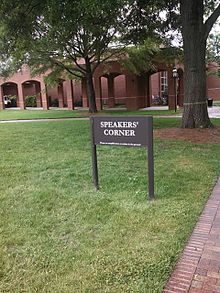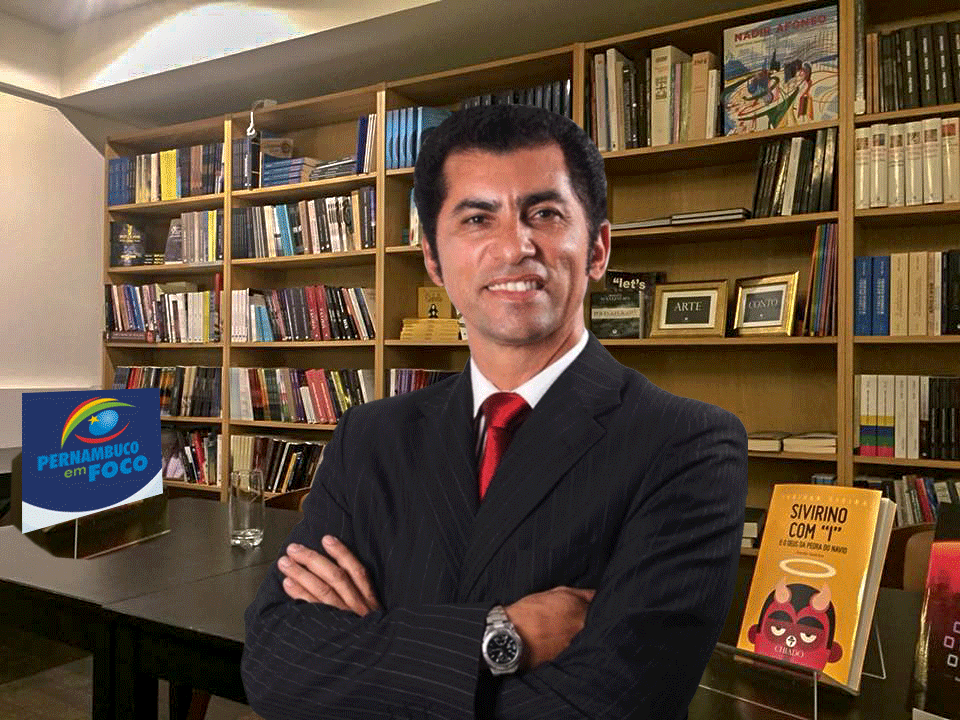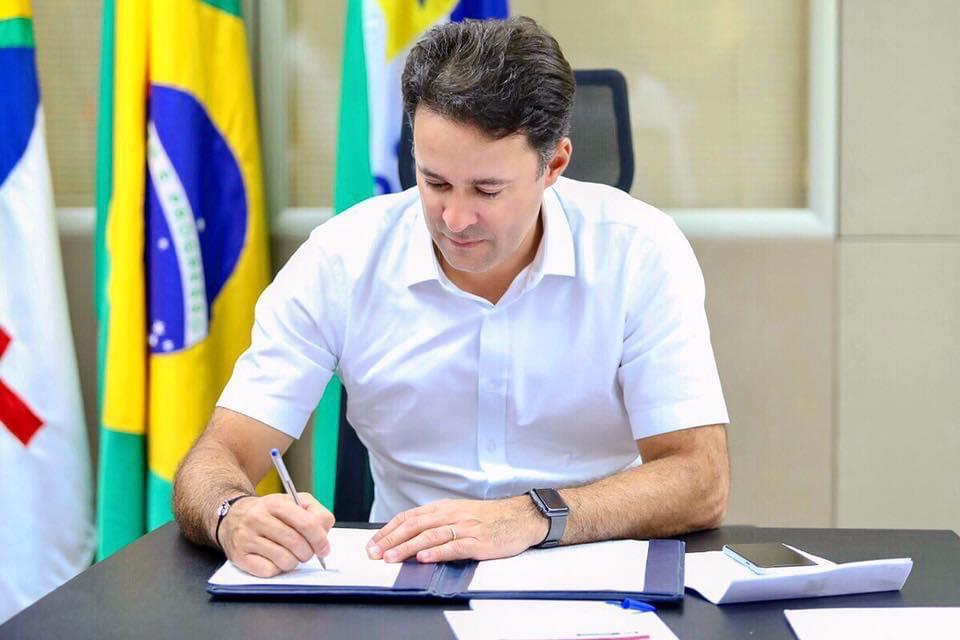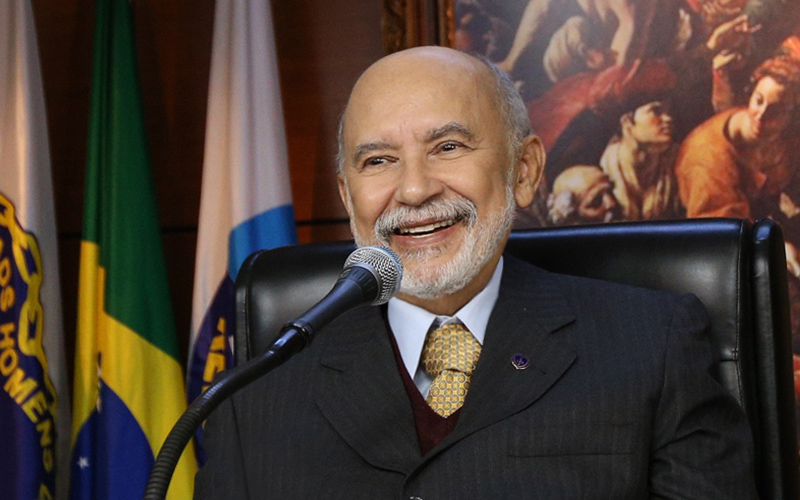
From Brasília, the capital of Brazil.
On formal representativeness and substantial representativeness
Any representation granted by law, by a power of attorney, or by an individual or group, represents a transfer of power, that someone with some state of precision or necessity makes a third party express their will. This type of representation is formal because it requires a form defined by law.
It is true that the manifestation of will by the representative is carried out within certain limits. For example, those who do not suffer the pain of prejudice are limited by the absence, in themselves, of the effects of such prejudice.
A white man, in the 1960s, in the state of Mississippi-USA, who comes to a bar or restaurant that adopted segregation and had warning signs like, “WHITE ONLY”, certainly wouldn’t feel the pain of being a black man in such a situation. But, that same target would have a large margin of speaking place, because:
1 – is rational enough to identify, analyze, judge, and decide whether to adopt such a position or confront it;
2 – is a human being and, as such, understands the pains and problems of his consorts, of other human beings;
3 – the solidarity and empathy of a human being with another who suffers, does not require a proxy from anyone;
4 – The victims want to be helped. That is the rule.
Try to remember big catastrophes like earthquakes or “tsunamis” where everyone speaks for everyone and everyone helps everyone, regardless of race, color, creed, origin, economic class, and gender.
Whoever defends the place of the word with exclusive belonging to the specific person or group, castrates one of the greatest human virtues, which is solidarity.
The representative is obliged to demonstrate to the people, with whom he deals on behalf of those represented, his quality and the scope of his powers, under penalty of not doing so, to respond for acts that exceed them, says the Brazilian civil code in its Article 118. But is not this truthfully applicable by analogy to the question of the place of speech?
Now, it is only that whoever takes the place of the discourse of those who have a specific problem, knows how to express with specificity both the problem and the solutions, under pain of having to respond with their honor or academic or professional reputation.
What does not make the slightest sense is to affirm that an institution or person has the exclusive right to defend others, when the suffering belongs to an entire community. In such cases, the ethical and human aspect is that whoever is willing to join the fight against injustice is seen as a place of expression, of those who suffer.
Next Saturday, the last episode. Don’t miss it!
INSTAGRAM: judivan j vieira

By them: www.judivanvieirabooks.com










